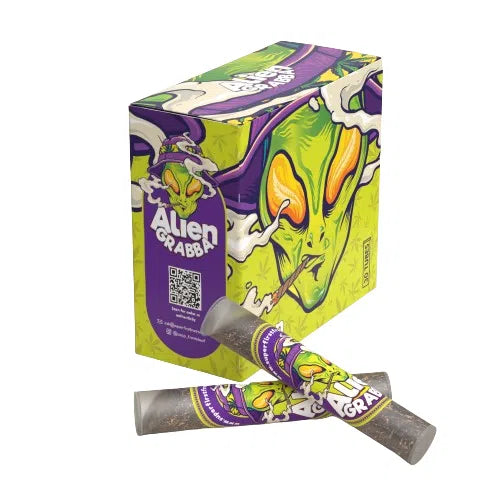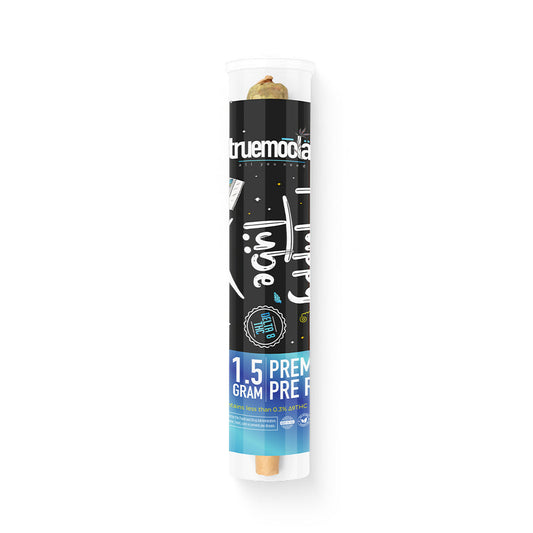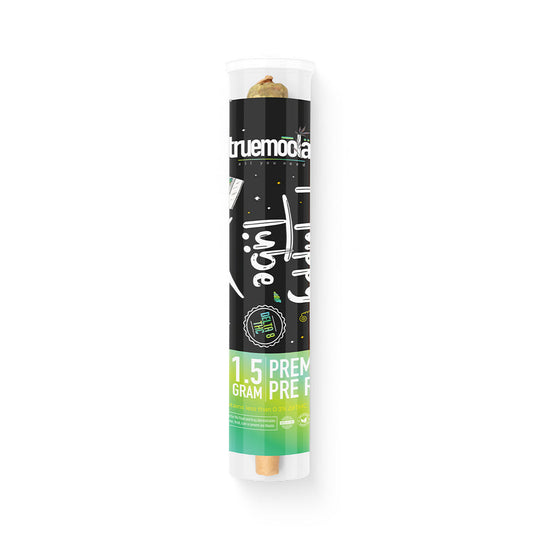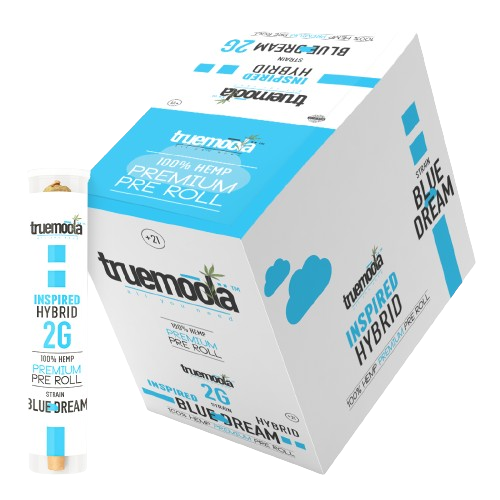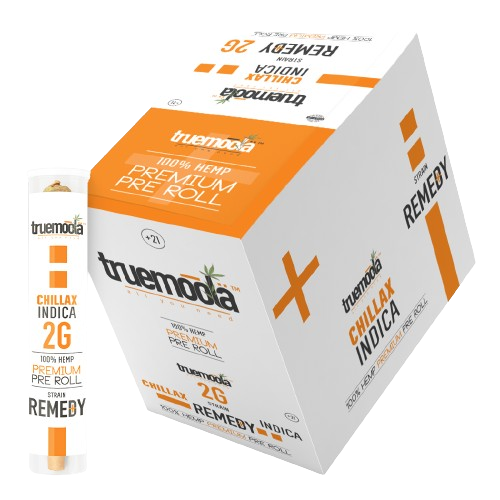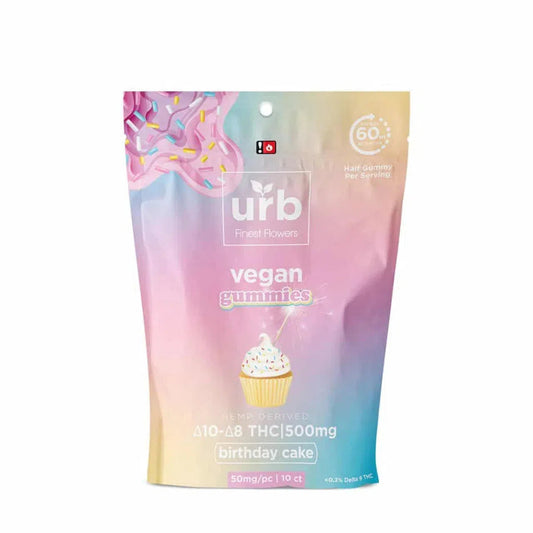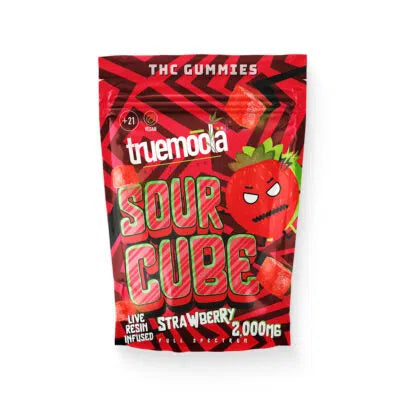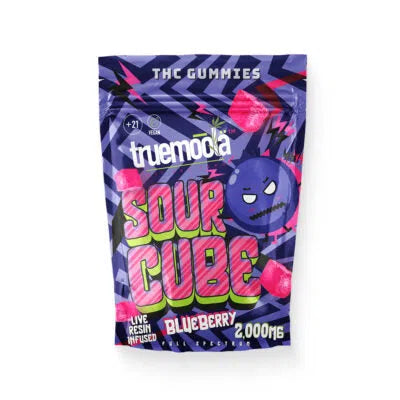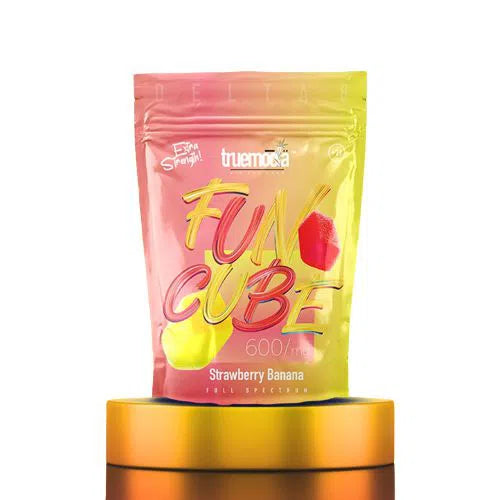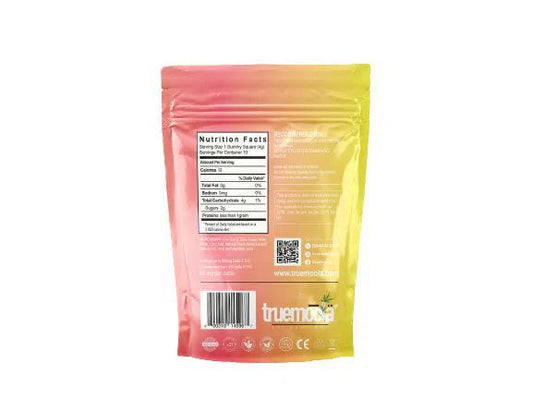Delta 9 is a popular buzzword in the cannabis industry, but many people don't fully understand what it means or what it does. This article will take an in-depth look at Delta 9, covering everything from its chemistry and extraction to its effects on the human body and the potential health benefits and risks of consumption. Read on to learn more about this fascinating compound.
Understanding Delta 9: A Brief Introduction
First, let's define what Delta 9 actually is. It's a type of cannabinoid, which is a group of chemical compounds found in the cannabis plant. Delta 9 is one of the most abundant and well-known cannabinoids, and is responsible for many of the plant's effects on the human body. However, it's important to note that Delta 9 is not the only important cannabinoid - there are actually over 100 different cannabinoids that have been identified in the cannabis plant.
The cannabis plant has been used for thousands of years for its medicinal properties. In fact, ancient civilizations such as the Chinese, Greeks, and Egyptians used cannabis to treat a variety of ailments, from pain and inflammation to anxiety and depression. It wasn't until the early 20th century that cannabis began to be stigmatized and criminalized, leading to a lack of research and understanding of its potential benefits.
The Science Behind Delta 9
Delta 9 is a psychoactive compound, meaning that it can affect the way we think and feel. It works by binding to receptors in our endocannabinoid system, which is a complex network of receptors and neurotransmitters that helps regulate mood, appetite, sleep, and other bodily functions. When Delta 9 binds to these receptors, it can produce a wide range of effects, from euphoria and relaxation to anxiety and paranoia.
Research has shown that Delta 9 can be effective in treating a variety of conditions, including chronic pain, nausea and vomiting, and muscle spasms. It has also been shown to have anti-inflammatory and neuroprotective properties, which could make it a potential treatment for conditions such as multiple sclerosis and Alzheimer's disease.
The chemical structure of Delta 9 is also worth noting. It has a similar structure to THC, or tetrahydrocannabinol, which is another well-known cannabinoid in the cannabis plant. However, Delta 9 is actually a precursor to THC - when cannabis is heated or exposed to light, Delta 9 undergoes a chemical process called decarboxylation, which converts it into THC. This is why many cannabis products are labeled with Delta 9 THC content.
Delta 9 vs. Delta 8: What's the Difference?
Another important cannabinoid to note is Delta 8, which is very similar in structure and function to Delta 9. The main difference between the two is that Delta 8 is less psychoactive than Delta 9 - it produces a milder, more clear-headed high. This makes Delta 8 a good choice for people who want the therapeutic benefits of cannabinoids without the intense psychoactive effects of Delta 9.
Research on Delta 8 is still in its early stages, but preliminary studies suggest that it may have similar therapeutic properties to Delta 9. For example, a 2018 study found that Delta 8 was effective in reducing pain and inflammation in mice, while another study found that it had anti-nausea properties in rats.
Overall, while Delta 9 may be the most well-known cannabinoid in the cannabis plant, it's important to remember that there are many other cannabinoids that could have therapeutic benefits. As research on cannabis continues to grow, we may discover even more potential uses for these compounds.
The Role of Delta 9 in the Cannabis Plant
Delta 9 plays an important role in the cannabis plant, both in terms of its effects on the plant itself and its medical and recreational uses. Some researchers believe that Delta 9 and other cannabinoids may help protect the plant from pests and environmental stressors, while others believe that they may have evolved to interact with animals and humans as part of a symbiotic relationship.
Delta 9's Effects on the Human Body
When Delta 9 is consumed, either through smoking, vaping, or ingesting, it can have a wide range of effects on the human body. The most well-known effect is the feeling of euphoria and relaxation, but Delta 9 can also cause other physical and mental effects, such as increased appetite, altered perception of time, and changes in mood and memory.
It's worth noting that everyone's experience with Delta 9 and cannabis in general can be different, and that dosing, method of consumption, and individual tolerance can all affect the effects of Delta 9. Some people may find that it causes anxiety or paranoia, while others may find it helps them manage symptoms of chronic pain, anxiety, or other conditions.
The Entourage Effect: How Delta 9 Interacts with Other Cannabinoids
One important concept in the study of cannabis is the entourage effect, which refers to the idea that cannabinoids and other compounds in the plant work together to produce a synergistic effect. This means that even though Delta 9 is the most abundant cannabinoid in many strains of cannabis, it's not the only compound that matters. Other cannabinoids, such as CBD and CBG, as well as terpenes and flavonoids, may also play important roles in determining the plant's effects on the human body.
Extraction and Consumption Methods
There are many different ways to extract Delta 9 and other cannabinoids from the cannabis plant. Some methods, such as solvent-based extraction, can produce highly concentrated extracts that are popular for dabbing or vaping. Other methods, such as ethanol or CO2 extraction, may be used to produce edibles, tinctures, or other infused products.
Extracting Delta 9 from Cannabis
The most common method for extracting Delta 9 from cannabis is through heat-based extraction, which involves heating the plant to a specific temperature in order to convert the Delta 9 into THC. This can be done through smoking, vaping, or decarboxylation in the oven. Solvent-based extraction is also popular for producing concentrates, but this method can be dangerous if not done properly.
Popular Delta 9 Products and Consumption Methods
There are many different ways to consume Delta 9, depending on personal preference and local laws. Some people choose to smoke dried flower, while others prefer to use vaporizers or dab rigs. Edibles, tinctures, and other infused products are also popular, and may offer a longer-lasting and more discreet way to consume Delta 9. However, it's important to note that these products can take longer to take effect and may be more potent than smoking or vaping.
Potential Health Benefits and Risks of Delta 9
Delta 9 and other cannabinoids have been studied for their potential therapeutic benefits, and some researchers believe that they may be useful for managing conditions such as chronic pain, anxiety, and PTSD. However, more research is needed to fully understand the effects of Delta 9 and other cannabinoids on the human body.
Therapeutic Uses of Delta 9
Some of the potential therapeutic uses of Delta 9 and other cannabinoids include pain relief, anti-inflammatory effects, and anti-anxiety properties. However, it's important to note that the effects of Delta 9 and other cannabinoids may vary depending on the individual and the condition being treated. It's also worth noting that more research is needed to fully understand the potential benefits and risks of using Delta 9 and other cannabinoids for medical purposes.
Side Effects and Potential Risks
As with any substance, Delta 9 and other cannabinoids may have side effects and potential risks. These may include increased heart rate, dry mouth, and changes in mood and memory. Some people may also experience anxiety or paranoia when consuming Delta 9 or other cannabis products. It's also important to consider the legal and social risks of consuming Delta 9, as cannabis use is still illegal in many parts of the world and may carry legal or social consequences.
Legal Status and Regulation of Delta 9
Despite the growing popularity of Delta 9 and other cannabinoids, cannabis use is still illegal in many parts of the world. In the United States, for example, Delta 9 is classified as a Schedule I substance under federal law, meaning that it is considered to have a high potential for abuse and no accepted medical use. However, many states have legalized cannabis for medical or recreational use, and there are efforts underway to change federal cannabis laws as well.
Delta 9 in the United States
The legal status of Delta 9 in the United States is complex and varies from state to state. Some states have legalized cannabis for medical or recreational use, while others have strict laws prohibiting all forms of cannabis use. It's important for consumers to be aware of the laws in their state and to consume Delta 9 and other cannabinoids in a responsible and legal manner.
International Laws and Regulations
The legal status of Delta 9 and other cannabinoids also varies widely around the world. Some countries, such as Uruguay and Canada, have legalized cannabis for recreational use, while others have strict laws against even medical use. It's important for consumers to be aware of the laws and regulations in their country and to consume Delta 9 and other cannabinoids in accordance with local laws.
Conclusion
Delta 9 is a fascinating compound with a wide range of effects on the human body and potential therapeutic benefits. However, it's important to approach consumption of Delta 9 and other cannabinoids responsibly and with awareness of the potential risks and legal and social consequences. With ongoing research and changing laws and attitudes, it's likely that we'll continue to learn more about the properties and potential of Delta 9 and other cannabinoids.


